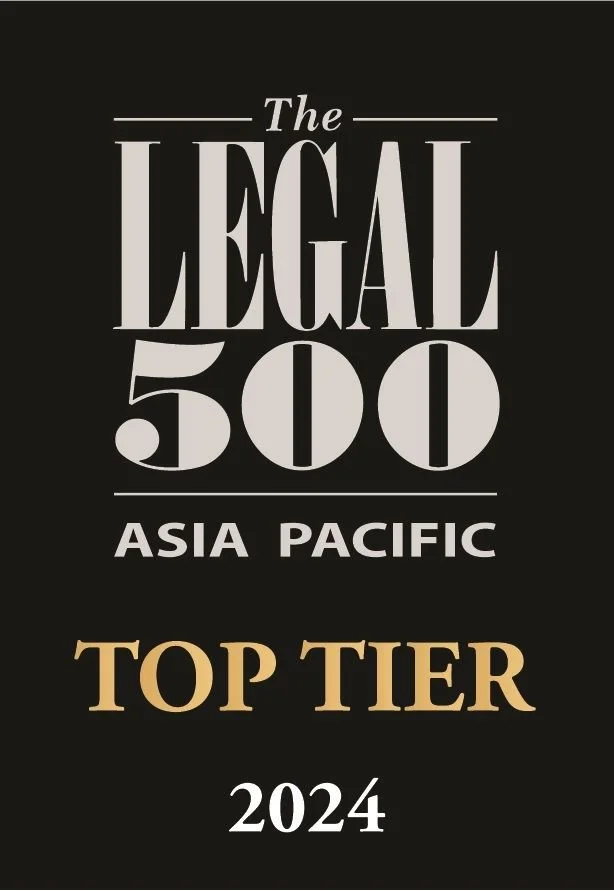New defence to defamation
/New defence to defamation
Durie v Gardiner [2018] NZCA 278
Introduction
The Court of Appeal has recently recognised a new defence to defamation.
The defence of qualified privilege arises where a person has a legal, social or moral duty or interest to make a statement to someone with a corresponding duty or interest to receive it. Lange v Atkinson extended qualified privilege to publications concerning the conduct of publicly elected officeholders and those seeking such office (i.e. politicians). The court in Lange v Atkinson declined to extend the defence further to include matters of public interest.[1] However, the Court of Appeal in Durie v Gardiner held that societal and legal developments justify such a defence now being recognised.[2] In doing so, it set the boundaries of a new defence of public interest.
Background
On 3 August 2015, Maori TV broadcast a story about conflict within the New Zealand Māori Council (NZMC). Māori TV reported that the NZMC had dismissed their legal counsel, Ms Donna Hall. The story referred to minutes from a NZMC meeting which outlined a breakdown in relationship between NZMC and Ms Hall. The minutes also mentioned a conflict of interest, with Ms Hall allegedly being instructed by her husband, Sir Edward Durie, to file an application to put him back on the Crown Forestry Rental Trust Board without bringing the matter to the Executive. The story crossed to a live feed of reporter Heta Gardiner stating that Ms Hall did not feature in the story as her statement had only just come in. Mr Gardiner relayed Ms Hall’s statement, in which Ms Hall claimed that the minutes from the NZMC meeting were not statements from the Executive but personal statements from disgruntled members, which would be proven false.
The story was put on Māori TV’s website that evening. The original script was included but without the additional summary of Ms Hall’s response. A video clip of the story was also uploaded.
On 5 August 2015, Māori TV received a letter from Ms Hall and Sir Edward’s lawyers claiming that the broadcast and website story were defamatory and, had Māori TV allowed a reasonable time, they could have refuted the allegations with documentation. Māori TV updated the online story to include Ms Hall’s response and made some other changes, such as adding missing quotation marks. Māori TV later removed the story but refused to refrain from republishing it, as evidence suggested that the story would develop. Māori TV later published further reports.
Ms Hall and Sir Edward sued Māori TV in defamation for its 3 August 2015 broadcast, website story, and a later broadcast on 31 August 2015. In its defence, Māori TV claimed that the words published do not bear the alleged defamatory meaning. It also pleaded the defence of honest opinion and a defence referred to as “Qualified Privilege/Public Interest defence”. Māori TV claimed that the words were “protected by a qualified privilege in that they were neutral reportage, and/or subject to the Lange v Atkinson privilege; or an extension thereto, and/or were responsible journalism/communications on matters of public interest; or protected by a sui generis public interest defence.”
Sir Edward and Ms Hall applied to strike out this defence. The High Court refused the application and found that a defence of public interest or neutral reportage could exist in New Zealand. Sir Edward and Ms Hall appealed. On appeal, they accepted that a public interest or neutral reportage defence may exist but put forward arguments as to its the boundaries and its application to the facts of their case.
Judgment of the Court of Appeal
In Lange v Atkinson the Court had refused to extend the defence of qualified privilege to include matters of public interest. However, here the Court of Appeal considered that subsequent societal and legal developments justified such a defence now being recognised. In doing so, they commented that the defence in Lange v Atkinson should no longer be relied on as it is subsumed by the public interest defence. Further, the Court said that the public interest defence should be a standalone defence and not part of the rubric of qualified privilege. The majority of the Court also commented that the defence of reportage (neutral reporting of attributed allegations) is not a separate defence but should rather be pleaded as a particular of the public interest defence.
The Court set out the elements of the public interest defence as being that:
- the subject matter of the publication was of public interest; and
- the communication was responsible.
Whether the elements of the public interest defence have been met is a question for the Judge to determine (as opposed to a jury). The Court further noted that determining whether the communication was responsible would involve a consideration of the relevant circumstances which may include:
- the seriousness of the allegation (the more serious the allegation the greater the degree of diligence which will be required to verify it);
- the degree of public importance;
- the urgency of the matter (did the public’s need to know require the defendant to publish it when it did, taking into account the fact that news is a perishable commodity);
- the reliability of any source;
- whether comment was sought from the plaintiff and accurately reported (this is likely to be a key factor in the judge’s determination);
- the tone of the publication; and
- whether the defamatory statement was necessary to communicate on the matter of public interest.
In extending the defence, the Court of Appeal was influenced by developments in other common law jurisdictions and the idea that, today, greater power resides outside the political sphere and there is an increased public expectation in the accountability of non-political groups. The Court also highlighted the fact that there have been changes in mass communication which have arisen from new technologies whereby statements can be published in seconds to a mass audience. The emergence of social media and the ‘citizen journalist’ was noted as changing the nature of public discourse. In keeping with this view, the Court defined the defence as one of responsible communication rather than responsible journalism, noting that the defence would apply to any communication on any medium.
Outcome
The Court held that the leadership role of the NZMC in Māoridom and its importance in New Zealand society generally meant the story was of public importance. However, it struck out any part of the defence which referred to neutral reportage. The story reported Miss Hall being dismissed as if it were a fact, rather than making it clear that this was an allegation from a third party. It also struck out the parts of the defence which referred to qualified privilege or Lange v Atkinson. The Court stated that the public interest defence was not tenable in relation to the period where the story was published online without the statement from Ms Hall. While the Court acknowledged that Māori TV would face further difficulties with relying on the defence for its other communications, these were matters to be reserved for trial.
Comment
Reporting on current affairs can require the publication of allegations and facts that portray individuals in a negative light. This may particularly be the case when reporting on unsubstantiated allegations that have been made against an individual, such as when a story is still unfolding. Durie v Gardiner provides a framework for protecting such publications from an action in defamation where the reporter has acted prudently to mitigate the risk of publishing defamatory content.
The new public interest defence will be of interest to insurers who provide cover for liability arising from defamation. The Court was clear that the defence was one of responsible communication (as opposed to simply journalism) made in any medium. It will therefore be applicable to many insureds who may be at risk of unintentionally defaming others when carrying out their professional business.
[1] Lange v Atkinson [1998] 3 NZLR 424 (CA); and Lange v Atkinson [2000] 3 NZLR 385 (CA).
[2]Durie v Gardiner [2018] NZCA 278





